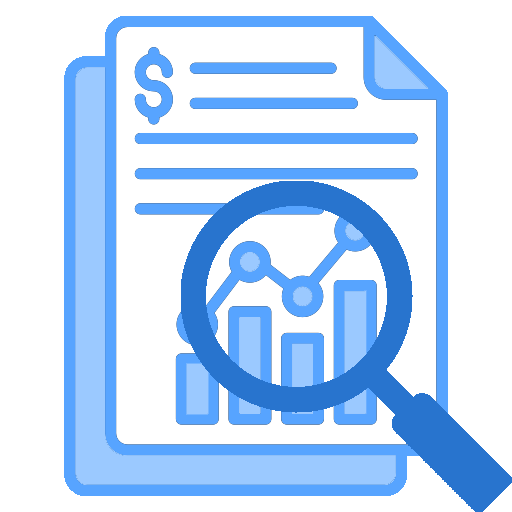FEATURE PACKED
Even though we pride our self on simplicity, we do not lack in functionalities

EVERYTHING AN ACCOUNTANT NEEDS

Bookkeeping
Recording Transactions, Maintaining Ledgers and
Reconciling Accounts
Recording Transactions – Every financial transaction is recorded
in the books (sales, purchases, receipts, and payments)
Maintaining Ledgers – The general ledger summarizes all transactions,
while subsidiary ledgers track specific accounts like receivables
and payables.
Reconciling Accounts: Ensuring that the records match the
bank statements and other financial documents.

Financial Reporting
Financial reporting provides insights into the financial health
of a business
Balance Sheet – Shows the company’s assets, liabilities
and equity at a specific point in time.
Income Statement – Also known as the profit and loss statement, it shows
the company’s revenues and expenses over a period.
Cash Flow Statement – Tracks the flow of cash in and out of the business,
highlighting operating, investing and financing activities.

Tax Preparation and Planning
This service ensures compliance with tax laws and helps
minimize tax liabilities
Tax Returns – Preparing and filing federal, state, and local tax returns.
Tax Planning – Developing strategies to reduce tax liabilities, such as
taking advantage of deductions and credits.
Tax Compliance – Ensuring that the business adheres to all tax regulations
and deadlines.

Payroll Processing
Managing employee compensation involves
Calculating Wages – Determining gross pay, deductions, and net pay
for each employee.
Withholding Taxes – Deducting the appropriate amount of taxes from
employee wages and remitting them to the government.
Issuing Payments – Ensuring timely payment of wages to employees.

Accounts Receivable and Payable
Managing incoming and outgoing payments
Accounts Receivable – Tracking money owed to the business by customers and ensuring timely collection.
Accounts Payable – Managing the business’s obligations to suppliers and
ensuring timely payments to avoid late fees and maintain good relationships.

Audit and Assurance
Ensuring the accuracy of financial records
Internal Audits – Conducted by the business to assess the effectiveness of
internal controls and financial reporting.
External Audits – Conducted by independent auditors to provide an objective assessment of the financial statements.



